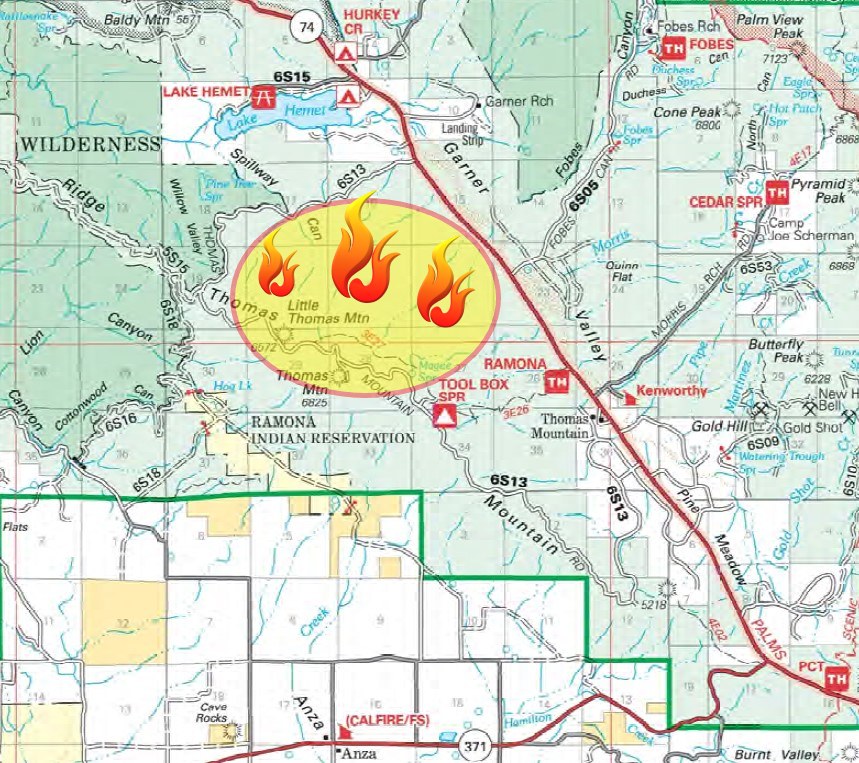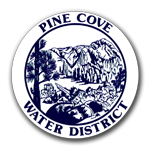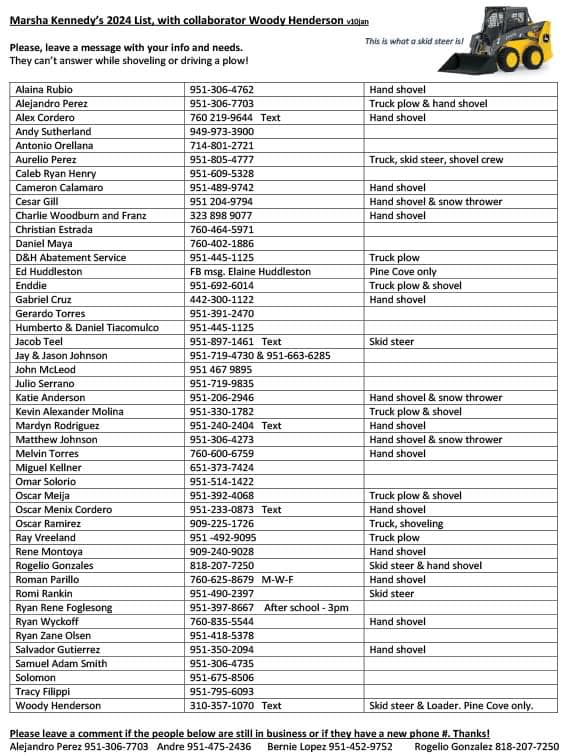Posted by admin on April 17, 2024
One of the many wonderful things we get to experience in this beautiful mountain town is all the wild life. The spring time is a great time to see the beautiful butterflies touch down in our garden making it even more magical. While butterfly bushes do attract these majestic creatures, it in fact is actually milk weed that Monarch butterflies call home, mate, and lay their eggs.
Planting milkweed will support the monarch populations, and their incredible migration. Monarchs cannot survive without milkweed. Monarch butterflies need milkweed to lay their eggs and the caterpillars of these butterflies only eat milkweed plants. We have lost much milkweed from the natural landscape with shifting land management practices. Planting milkweed is a great way to help other pollinators too because milkweed provides valuable nectar to many types of bees and butterflies.
Adult monarchs will drink the nectar of milkweed and many other flowers. In fact, they need sources of nectar to nourish them throughout the entire growing season. Include a variety of native flowering species with different bloom times to provide monarchs with the food they need to reproduce in the spring and summer and to migrate in the fall. Offering a wide array of native nectar plants will attract monarchs and many other butterflies and pollinators to your habitat all season long.
Key Habitat Considerations
- Native milkweeds provide food for monarch caterpillars.
- Native flowers provide food for adult butterflies. A combination of early, middle and late blooming species, with overlap in flowering times, will fuel butterfly breeding and migration and provide beautiful blooms season-long.
- Insecticides should never be used in or surrounding pollinator habitat. Limit use of herbicides within and surrounding the habitat only to control invasive or noxious weeds.
- Habitats can be created in any open space protected from untimely mowing or pesticide application.
You can check with local native plant nurseries or greenhouses for their recommendations of good pollinator plants for your area.
Milkweeds can be propagated from seeds, cuttings, and, in some cases, from root divisions. Milkweed seeds can be planted in prepared beds outdoors or started indoors in flats. We recommend the latter approach since germination rates are usually higher indoors and it is easier to establish your milkweeds with transplanted seedlings that are well-rooted and therefore more resistant to weather extremes and pests.
Harvest and Storage of Milkweed Seeds
If you have some milkweed and would like more for next year to promote butterfly a habitat in your garden; the timing of the collection of milkweed pods or seeds is critical. Mature pods are those that are within a day or two of opening. If you squeeze the pods and they don’t open easily, they usually do not contain mature brown seeds. Seeds well into the process of browning and hardening will germinate when planted the next season. Pale or white seeds should be not collected.
Preparation for planting
To stratify seeds, place them in cold, moist potting soil (sterilized soil is best but is not required) in a dark place for several weeks or months. Since most people prefer not to place potting soil in their refrigerators, an alternative is to place the seeds between moist paper towels in a plastic bag. This procedure works well, in part because there are fewer fungi and bacteria available to attack the seeds. After a stratification period of 3-6 weeks, the seeds can be planted in warm (70˚F), moist soil. Without stratification, the percentage of seeds that germinate is usually low.
Germinating, Growing and Transplanting
Milkweed seedlings can be started indoors in a greenhouse or under artificial lighting and then transplanted outdoors after the average date of last frost. If seeds are started indoors, allow 4-8 weeks growing time before transplanting. Plastic flats can be used to start the seeds. Fill the flats with a soil mix thoroughly soak the soil, and let the excess water drain. Sow the seeds by scattering them on the soil surface 1/4-1/2 inch apart, and then cover with about 1/4 inch of additional soil mix. Gently mist the soil surface with water to dampen the additional soil mix that has been added. To improve germination rates, you can place the seeds in packets made from paper towels and soak them in warm water for 24 hours prior to planting. This method seems to work especially well for seeds of species that require stratification.
After the seeds are sown in the flats, cover each flat with a clear plastic cover or a plastic bag to keep the seeds from drying out while germinating. Then, place the flat under grow lights, in a warm sunny window, or in a greenhouse. Most seeds will germinate in 7-10 days if the flats are maintained at 75˚F. After the seeds have germinated, remove the plastic covering from the flats. Once the seedlings have emerged, the soil should be kept moist by watering the flat from the bottom. You can water from the bottom by placing the flat in a sink or a larger flat filled with 2 inches of water until moisture appears on the soil surface. The soil should be kept moist but some care is needed to keep the seedlings from getting too wet to prevent any fungal growth.
The plants are ready to be transplanted when they are about 3-6 inches in height. Before transplanting, acclimate the plants to outdoor conditions for a few days by placing them in a sheltered location during the day and then bringing them indoors at night. The seedlings should be planted 6-24 inches apart depending on the species (check the back of your seed packets for information). Newly transplanted plants should be watered frequently. Add mulch around the seedlings soon after planting. The mulch holds in the moisture and minimizes the growth of competing weeds. The seedlings should be fertilized 2-3 times during the growing season if using water-soluble fertilizer or once a season if you utilize a granulated time-release formulation.
When to Plant
Milkweed seeds can be sown outdoors after the danger of frost has passed. Plant the seeds early since those planted late in the season may not germinate because of high temperatures. Keep in mind that seeds have a range of soil temperatures at which they will germinate. Remember sunny conditions can cause the soil temperatures can be much higher in daytime. Germination outdoors depends on soil moisture and temperature and could take several weeks if conditions are not ideal.
Posted in: Animals, Around the District, Community, Customer Infomation, From the Office, Garden, gardening, Monarch Butterflies, Pine Cove Water District, The Garden, Uncategorized, Upcoming Events, Weather, Weekend







